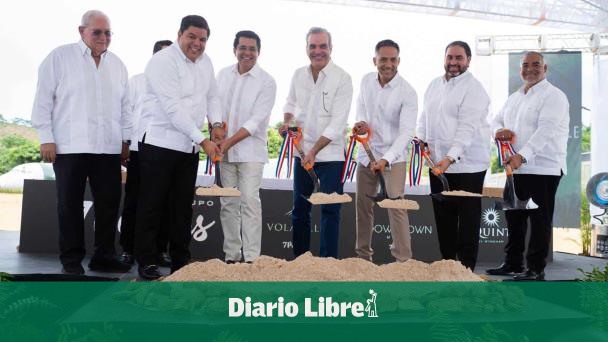In 2002, Peru began the process of formalizing small mining and artisanal mining. Ten years later, in 2012, Legislative Decree 1105 was published, which created the National Registry of Declarations of Commitment. Subsequently, in 2017, Legislative Decree 1293 was promulgated, which gave rise to the Comprehensive Registry of Mining Formalization (Reinfo). However, despite these initiatives, the results have not been as expected and today illegality continues to gain ground.
Look: Mercedes Aráoz: “Special zones generate employment”
A study by Videnza, for the Institute of Mining Engineers of Peru (IIMP), revealed that between 2017 and 2024, 84,518 operators were registered in the Reinfoof which 66,034, that is, 78.1%, were suspended. As of June of this year, 3,049 registrations had been excluded and only 2,065 successful formalizations were recorded.
Paola Bustamante, director of Videnza, maintained that these figures do not justify an expansion of the registry. It should be noted that the Reinfo is valid until December 31 of this year, although three proposals have already been presented in Parliament that seek to extend this date without a clear justification.
“In 12 years, only 2,065 operators have been formalized. There are companies that have continued operating during this period, probably illegally and invading private concessions, and it is possible that these are the ones behind the expansion. Extending the deadline is dangerous, since it is equivalent to granting safe passage to those who operate illegally,” he warned.
Bustamante also highlighted that the legislative proposals not only seek to extend the deadline for the more than 66,000 suspended, but could open the door to new registrations.
“We cannot allow registration to be reopened for new registrations. In addition, those suspended must paralyze their operations and demonstrate a real commitment to formalization,” he added.
Meanwhile, informal and illegal mining continues to have a significant incentive to continue operating: the high value of gold, whose price per troy ounce rose from US$364 in 2003 to US$1,943 in 2023.
Look: Seven ministries do not invest even 50% of the budget for projects
NEW PROPOSAL
Next week, the Executive will present to Congress a bill on artisanal mining and small businesses (ASM), whose objective is to regulate the activities of this sector and finalize the formalization process. This proposal already has the approval of the Council of Ministers.
Bustamante pointed out the importance of Congress approving this proposal without extending the Reinfo. For his part, Víctor Gobitz, president of the National Society of Mining, Petroleum and Energy (SNMPE), expressed his support for the Executive’s proposal and highlighted the negative effects of the current registry.
“There is confusion among the population, who have been led to believe that the expansion of Reinfo is the solution, which is not true. What we really need to discuss is how to formalize the activity, guaranteeing traceability and ensuring adequate oversight,” he stated.
The representative of the SNMPE also highlighted the importance of both the Supervisory Body for Investment in Energy and Mining (Osinergmin) and the Environmental Assessment and Supervision Body (OEFA) to actively participate in the formalization process.
Take advantage of the NEW EXPERIENCE, receive our enriched digital newspaper by mail and WhatsApp. Peru21 ePaper.
Now available in Yape! Find us at YAPE Promos.
RECOMMENDED VIDEO
















